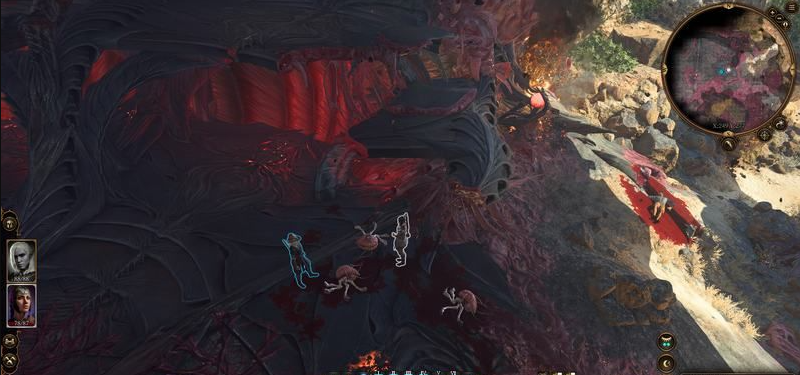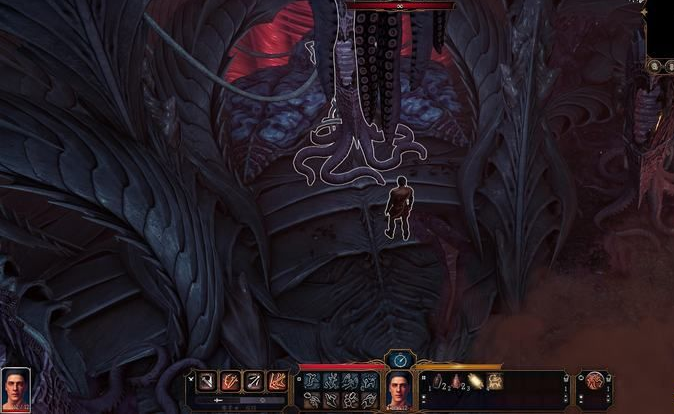Tactical Melee Weapons is a type keyword, and matching related proficiency items will give you a proficiency bonus in combat.
1d6 means the damage is rolled on a 6-sided dice, which means it causes 1 to 6 points of damage. (Similarly, 2d8 means rolling two 8-sided dice, which causes 2 to 16 points of damage.)
Piercing is a type of damage, and the corresponding piercing resistance will reduce the piercing damage.
Lightweight and dexterous are also keywords for weapon types, and all related bonuses can be used. For example, dexterous weapons can use agility adjustment values instead of strength adjustment values to make attack and damage judgments.
Dippable means that the weapon can interact with scenes such as fire and acid to gain additional bonuses.
Finally, the holder can also gain a slashing action, which is equivalent to the additional attack skill obtained by using a dagger.
You can also right-click a weapon to view its details.
If the player character is proficient with martial arts weapons and has points added to agility, then the short sword is a suitable melee weapon for him to use.
You can enjoy the martial arts weapon proficiency bonus and the agility bonus of attack judgment at the same time.
Props are usually consumables or materials.
Players can use it to restore, buff or create.
There are also many items that have various abilities such as damage and control.
Note that using items in combat still consumes actions.
The most important attribute of armor is its armor class (AC).
The higher the ac, the harder it is for your opponent to hit you.
For example, leather armor in the game shows AC11, +3 agility, which means it provides 11 points of AC, and if the player has a higher agility adjustment value, a maximum of 3 points of agility adjustment value will be added to the AC.
A character with an agility adjustment value of 2 will eventually have 13 AC when wearing leather armor (without considering other equipment or abilities).
If you carry more than 70% of your carrying capacity, you become overweight, and if you carry more than 90% of your carrying capacity, you become severely overweight (humans have weight enhancements, but they are not particularly useful).
Overweight items: Movement speed is reduced and jump distance is halved.
Severely Overweight: Movement speed is greatly reduced, and you cannot climb or jump. You also have disadvantage on ability checks, attack rolls, and Strength, Dexterity, and Constitution saving throws.

There are two types of rest in the game, a long rest that lasts 8 hours and a short rest that lasts 1 hour (only 15 minutes in BG3). They are the means for many professions to restore their professional abilities.
Long Break
Long rests require returning to the camp to proceed, and sometimes become plot triggers. Long rests will restore all health points and reset the CD of almost all abilities, spells, and items.
Short rest can be performed twice a day, and the cooldown will be reset after a long rest. Short rest will restore some health and reset the CD of some abilities.
